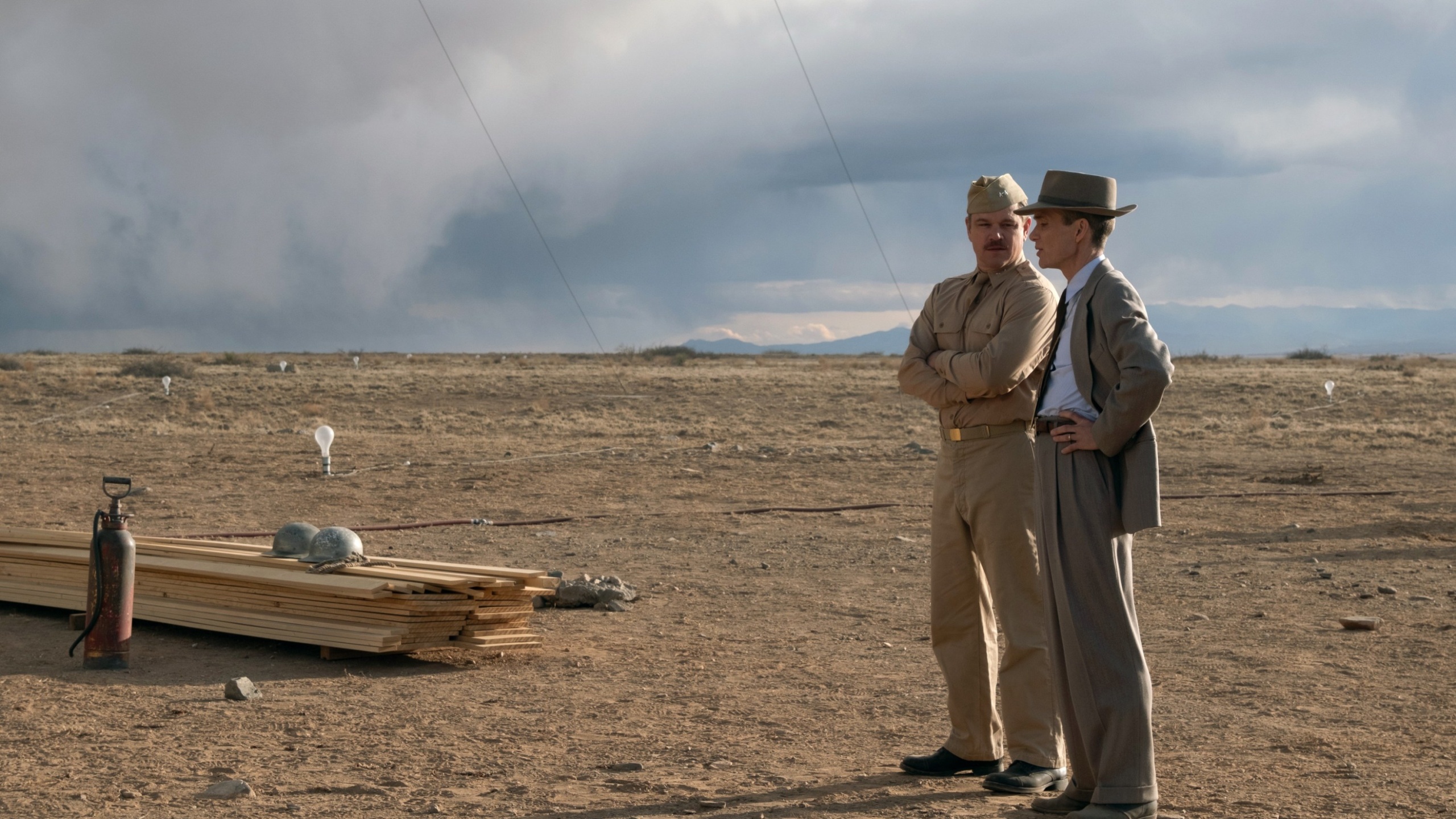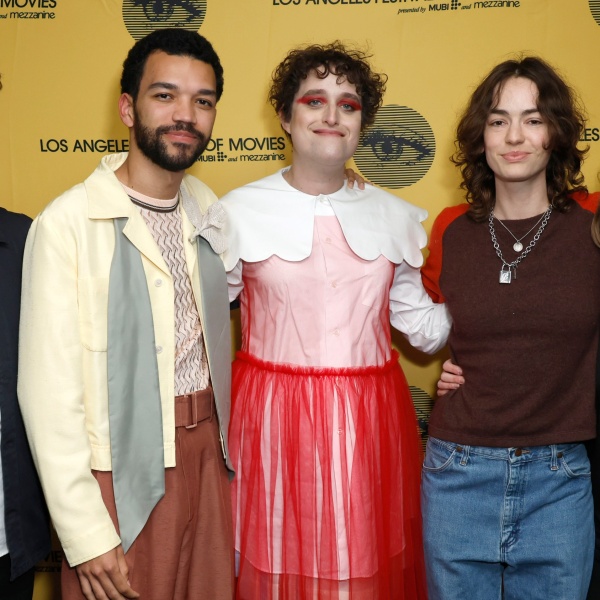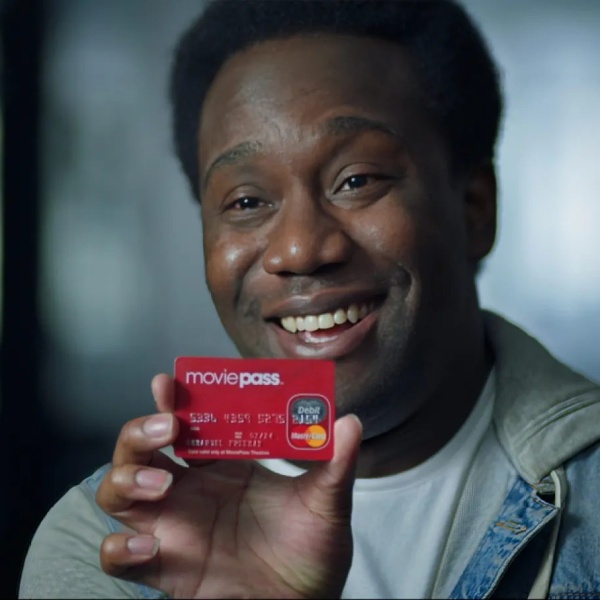Production sound mixer Willie Burton has over 45 years of experience recording on set — he earned his first Academy Award nomination in 1978 on “The Buddy Holly Story” — but when he read the script for “Oppenheimer,” he knew it would pose a whole new set of challenges. “When I saw the script I thought, ‘Oh my God, this is huge,’” Burton told IndieWire. “It was a book, approximately 187 pages. And everybody was teasing me, saying, ‘It’s all dialogue. It’s all on you.’” Add to the dense technical dialogue the difficulty of recording scenes with noisy IMAX cameras on stormy New Mexico locations, and Burton could see that his reunion with “Tenet” director Christopher Nolan would take their collaboration to a whole new level.
For Burton, working with Nolan is different from working with other directors. “I like working with Chris because he makes sure that you have enough prep time,” Burton said. “The majority of projects I’ve worked on don’t, but Chris has a meeting every week with the department heads to talk about their progress, to find out if you have any problems. He wants to know about those problems — he doesn’t want to wait until you get to set.” That means Burton was able to collaborate closely with the costume designer to minimize sound issues caused by wardrobe and with the production designer to build microphones into the sets, as in the rooms where various hearings are held.
The pressure was always on Burton to get the best possible sound because Nolan prefers to use what’s recorded on set not just for dialogue but often for sound effects as well. “Chris’ goal on every movie is to use all original production sound, and he pretty much gets his way,” Burton said. “He likes natural sounds, he likes the hardwood floors the actors are walking on. And he’ll work with you to get the best possible quality under the circumstances. He’s not one of those directors who will say, ‘We don’t have time for another take, we have to move on.’” Burton notes that while Nolan always tries to accommodate the sound department’s needs, Burton, in turn, prioritizes getting Nolan what he wants in terms of authentic performances. “We almost never go up to an actor and say, ‘Can you speak up?’ or anything like that, because Chris does not want them out of character.”

One reason the dialogue in “Oppenheimer” sounds so crisp is Nolan’s refusal to use radio microphones attached to the actors. “When you work with Chris, you have to use hardwired booms and microphones,” Burton said, explaining that it’s a matter of perspective. “When you use radio mikes, if you cut to a wide shot it still sounds like a close-up. It’s a different way of working, old-school, the way we used to do it.” Even in interiors, getting clean dialogue tracks was sometimes difficult due to the IMAX cameras, but Burton and Nolan came up with a simple solution. “If we were shooting close-ups with the IMAX camera, as soon as Chris said, ‘Cut,’ we would do a sound-only version of the scene, and then Chris would lay those tracks in later in post.” While industry practice is to record these kinds of “wild” lines with the actors standing still, Burton says Nolan has his actors walk through the scene with the same movement and props so that the wild lines match the image perfectly.
One of the biggest challenges on “Oppenheimer” was recording usable dialogue on the New Mexico exterior locations, which tended to be surrounded by wind. “In New Mexico, you’ve got the windstorm, and then along comes the dust,” Burton said. “I ordered specially designed and experimental covering for the microphones, so I’d have all the wind protection I needed for the scenes.” Burton’s efforts paid off this year in another Oscar nomination — his eighth — and in the personal satisfaction of giving Nolan the high-quality production sound the director wanted. “It was definitely a challenge, but that’s what we need in our lives. If everything was easy, it wouldn’t be good.”




